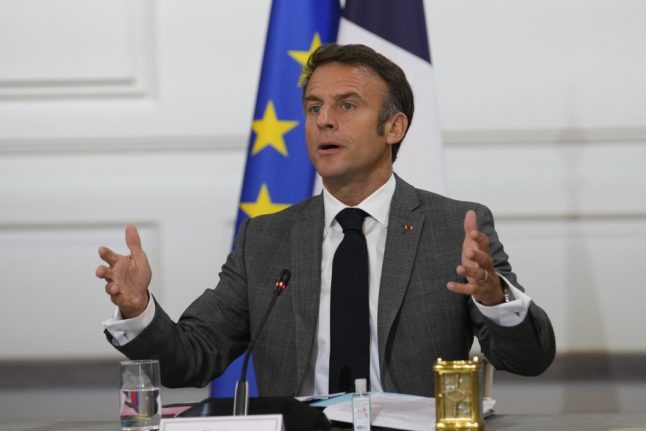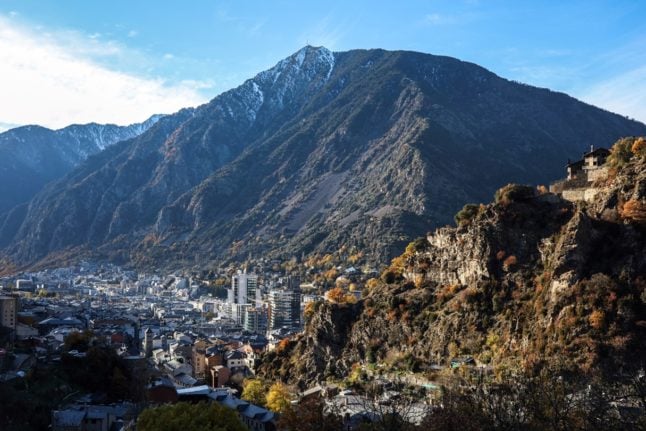The killing of Nahel M., 17, during a traffic stop last month prompted protests, riots and looting, with many accusing the government of allowing a culture of institutional racism in the police force to fester.
Speaking at a cabinet meeting a day after a government reshuffle, Macron said the riots had highlighted “a risk of fragmentation, of deep division, of the nation”.
There was a “need for authority and respect”, Macron told the ministers.
“We must draw the lessons from what happened, and provide sound answers,” he said.
This task would “shape” the government’s work after the summer break, said Macron.
The most intense urban violence since 2005 sparked a debate about law and order, immigration, racism and police brutality.
Thursday’s cabinet revamp has been widely interpreted as a signal by Macron to move on from a series of crises since his re-election last year, which also included widespread protests over a hike in the French retirement age.
The reshuffle was limited in scope, with Prime Minister Elisabeth Borne, crucially, remaining in her post.
READ ALSO Who’s who in the new French government
That choice reflected his wish for “continuity and efficiency”, Macron said.
Macron also told the cabinet meeting that France needed to bring its finances back on a solid footing after spending to bolster the economy during the Covid pandemic and energy subsidies for households triggered a sharp rise in deficits and debt.
“After the summer, we will have to prepare the country, in a way, for a demanding framework and order in terms of public finances,” Macron said.
This, he said, would put France in a position to start repaying debt, cut taxes further and allow “a reasonable management of our deficits”.
He added that the long-planned and repeatedly deferred immigration bill – which includes a language requirement for residency cards – will come before parliament in the autumn.
Macron’s popularity ratings have begun to recover after suffering a near-record slump in April, when only 31 percent of respondents in a July 5th poll said they had a positive view of him.



 Please whitelist us to continue reading.
Please whitelist us to continue reading.
Member comments